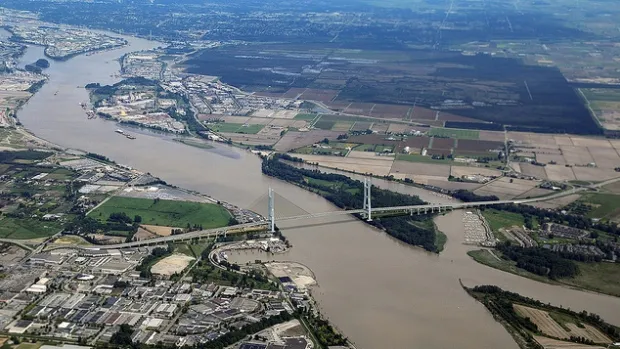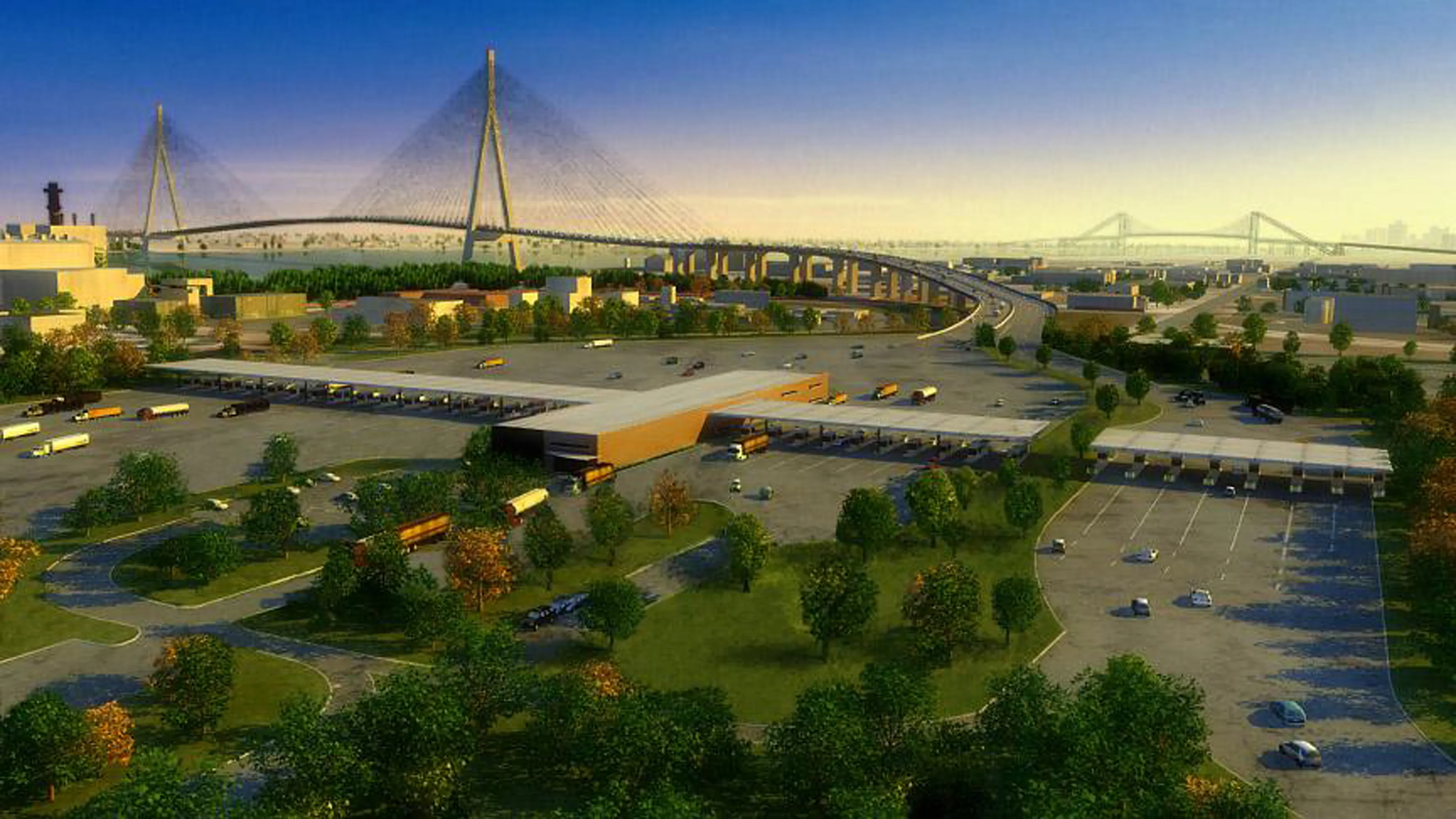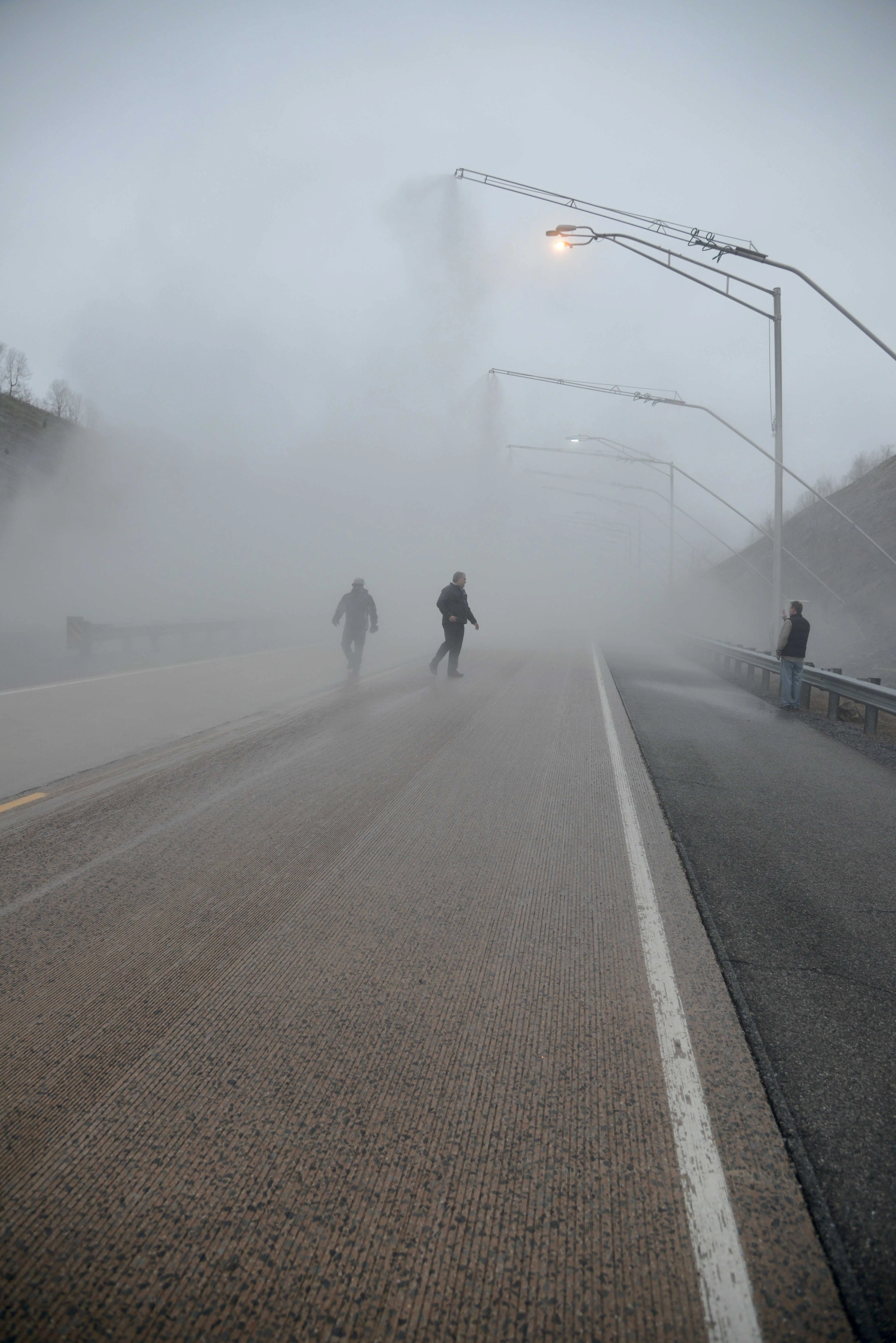The
Work under a 40-50-year public-private partnership is expected to include construction of 46km of lanes.
Toll lanes will be free for vehicles with three or more people in them (HOV-3), and, like the existing 95 and 495 Express Lanes, toll prices will increase or decrease based on the number of vehicles using the lanes.
A Request for Information issued by the VDOT in 2013 had 19 private sector responses, with respondents believing a P-3 approach benefit all parties in any contract, although there were concerns over the financial viability of the project. Total capital cost would be in the region of $2.3-3.3 billion of which private sector investment would likely be up to $1.1 billion, the document noted. Annual maintenance costs would probably be between $27-33 million.
A Virginia Commonwealth Transportation Board document issued in January this year – I-66 Corridor Briefing Outside the Beltway – noted the preferred option is a 40-50-year public-private partnership.
Work includes converting an existing High-Occupancy-Vehicle lane into an express lane and adding one more express lane. Non-HOV cars would be congestion-tolled on these two lanes: when congestion increases, toll prices rise to regulate the number of drivers wanting to enter the lanes. Three non-tolled regular lanes would be open to all traffic. There will also be “rapid bus service and other multimodal improvements”, including park-and-ride lots and “transportation demand management”, according to the document.
This past October, the VDOT shortlisted 13 consortia for three types of toll concession public-private finance contract options: design-build-finance-operate-maintain, design-build-operate-maintain, and design-build-alternative technical concepts.
Shortlisted companies in various consortia groupings include Skanska, Archer Western, Transurban, Ferrovial Agroman, Infrared, Fluor, Flatiron, Dragados, Shikun & Binui and Shirley.
In a recent briefing, VDOT Commissioner Charlie Kilpatrick said the VDOT expects to select a private sector partner in the fall of 2016 with financial close scheduled for spring of 2017 and construction to start soon after.
All of the revenues raised from the tolls will finance transportation improvements in the corridor. Estimated toll revenue in 2018 is $18 million. But, should traffic not flow better within five years, toll revenues will be used to widen a section of the I-66 eastbound.
To view the I-66 Corridor Briefing Outside the Beltway document, click here.
%$Linker:
The project is separate from, but related to, plans for I-66 inside the Beltway, where VDOT wants a high occupancy or rush-hour toll plan by 2017. Vehicles with two people (HOV-2) are likely to travel for free until the lanes switch to an HOV-3 model – three occupants - around 2020.
Virginia state issues RFP for $2.1 billion Interstate 66 toll expansion
The Virginia Department of Transportation (VDOT) has issued a draft request for proposals (RFP) for the US$2.1 billion Interstate 66 tolled expansion project. Work under a 40-50-year public-private partnership is expected to include construction of 46km of lanes.
December 23, 2015
Read time: 3 mins









